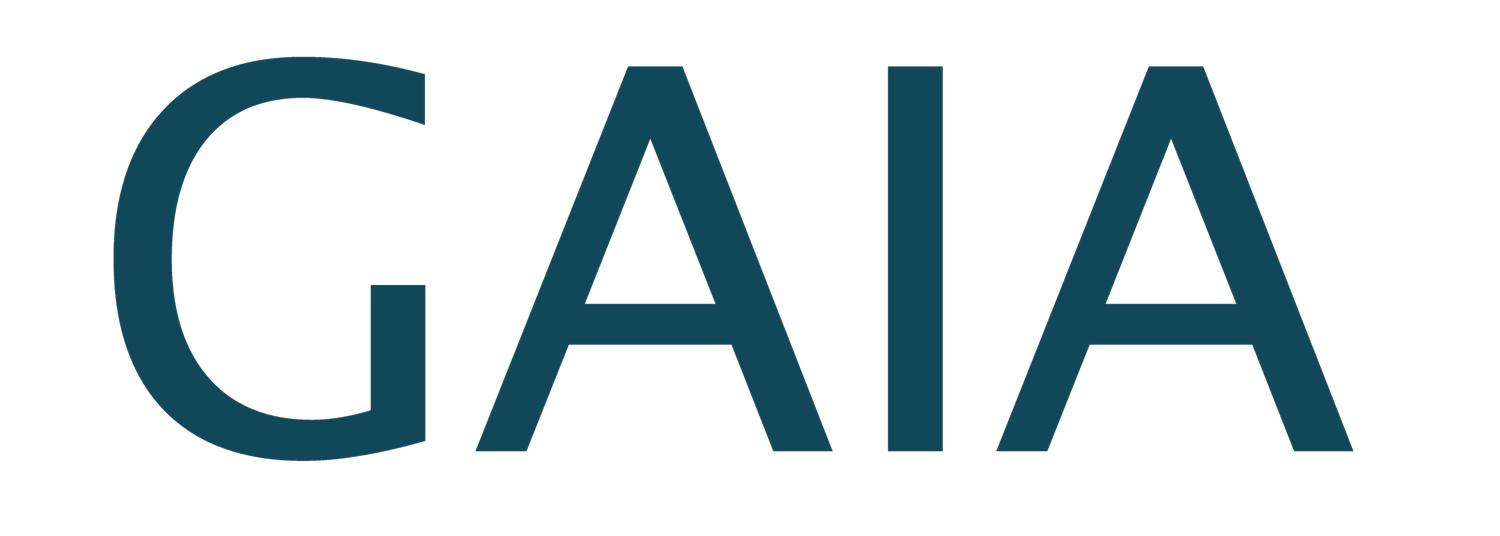Horizontal vs. Vertical: The Power of Industry-Specific Platforms
In today's fast-paced business landscape, companies are constantly seeking ways to improve efficiency, streamline operations, and enhance their overall productivity. One of the key drivers of success in this endeavor is the effective use of relationship management tools, which facilitate collaboration and communication between organizations. However, when it comes to choosing the right tool, a critical decision arises: should you opt for a solution that operates horizontally across industries, or should you invest in a platform tailored to your specific vertical? In this article, we'll explore the differences between these two approaches and discuss the advantages of industry-specific platforms.
Horizontal Integration: A Broad but Shallow Approach
Horizontal relationship tools are designed to work across various industries and sectors. They aim to provide a one-size-fits-all solution that caters to the basic needs of organizations, regardless of their specific domain. While these tools may offer some benefits, they often fall short of addressing the unique challenges and requirements of specific industries. For example:
Lack of Industry Expertise: Horizontal tools typically lack industry-specific knowledge. Unable to provide features that provide in-depth insights and expertise that are crucial to specialized markets.
Limited Customization: These tools are usually less customizable to meet the specific needs of individual industries. Most companies may find it challenging to adapt them to their unique workflows and processes.
Integration Challenges: Integrating a horizontal tool into existing business practices can be complex and time-consuming. It may require significant modifications and result in disruptions to operations.
Choosing a horizontal tool may seem like a convenient and cost-effective option for organizations that want to manage their partner relationships, especially given the variety of options available both in terms of capabilities and price. However, this approach has several disadvantages that can limit the potential and performance of partner programs. Horizontal tools are not designed to address the specific needs and challenges of different industries. They lack industry expertise, offer limited customization, and pose integration challenges. These factors can result in lower efficiency, productivity, and satisfaction for both the organization and its partners. Therefore, organizations should carefully evaluate their needs and goals before opting for a horizontal tool.
Vertical Integration: Tailored for Industry Excellence
In contrast, vertical management platforms are designed to cater to the needs of specific industries, offering deep domain expertise and tailored solutions. For example, the GAIA Platform's Partner Relationship Manager, is designed to streamline interactions between suppliers and sales partners. Unlike generic PRM solutions, the GAIA platform is customized to meet the specific needs of the energy and maritime sectors. This tailored approach ensures that our clients benefit from enhanced efficiency, better partner management, and improved sales outcomes. Alongside a few benefits like:
Industry-Specific Expertise: Vertical platforms, like GAIA, are built by experts who understand the intricacies of the targeted industry. This means they can offer specialized features, insights, and best practices that directly benefit users.
Customization and Adaptability: Industry-specific platforms are highly customizable. They can be tailored to align seamlessly with a company's existing workflows and processes, minimizing disruptions.
Streamlined Integration: Integrating an industry-specific platform is often smoother and more straightforward. The platform is already aligned with the industry's standards, practices, and demands, reducing the need for extensive modifications.
Improved Efficiency: Vertical platforms are designed to address industry-specific pain points. This leads to improved efficiency, as organizations can leverage features and tools that directly relate to their core operations.
Competitive Advantage: By using a platform that caters to their industry's unique needs, companies gain a competitive edge. They can stay ahead of the curve with specialized tools and insights that are not available in generic, horizontal solutions.
In conclusion, while horizontal management tools have their merits and may serve as a starting point for some organizations, industry-specific platforms offer distinct advantages that are difficult to overlook. They bring industry expertise, customization, and seamless integration to the table, all of which contribute to improved efficiency and competitive advantage. In a world where specialization and niche markets are thriving, businesses that invest in tailored solutions are better positioned to excel in their respective industries. So, when it comes to partner relationship tools, consider the vertical approach for a more effective and industry-specific solution.
Company Overview:
Gaia Global – www.gaia.global is poised to transform how international suppliers collaborate with sales partners and representatives. Our purpose-built PRM platform streamlines interactions between suppliers and sales partners, enhancing co-operation, communication, and sales. With 20 years of market experience, we understand the challenges faced by these industries and have developed a solution to facilitate seamless collaboration.
Author of this article
Carol Guimarães, Commercial Analyst


